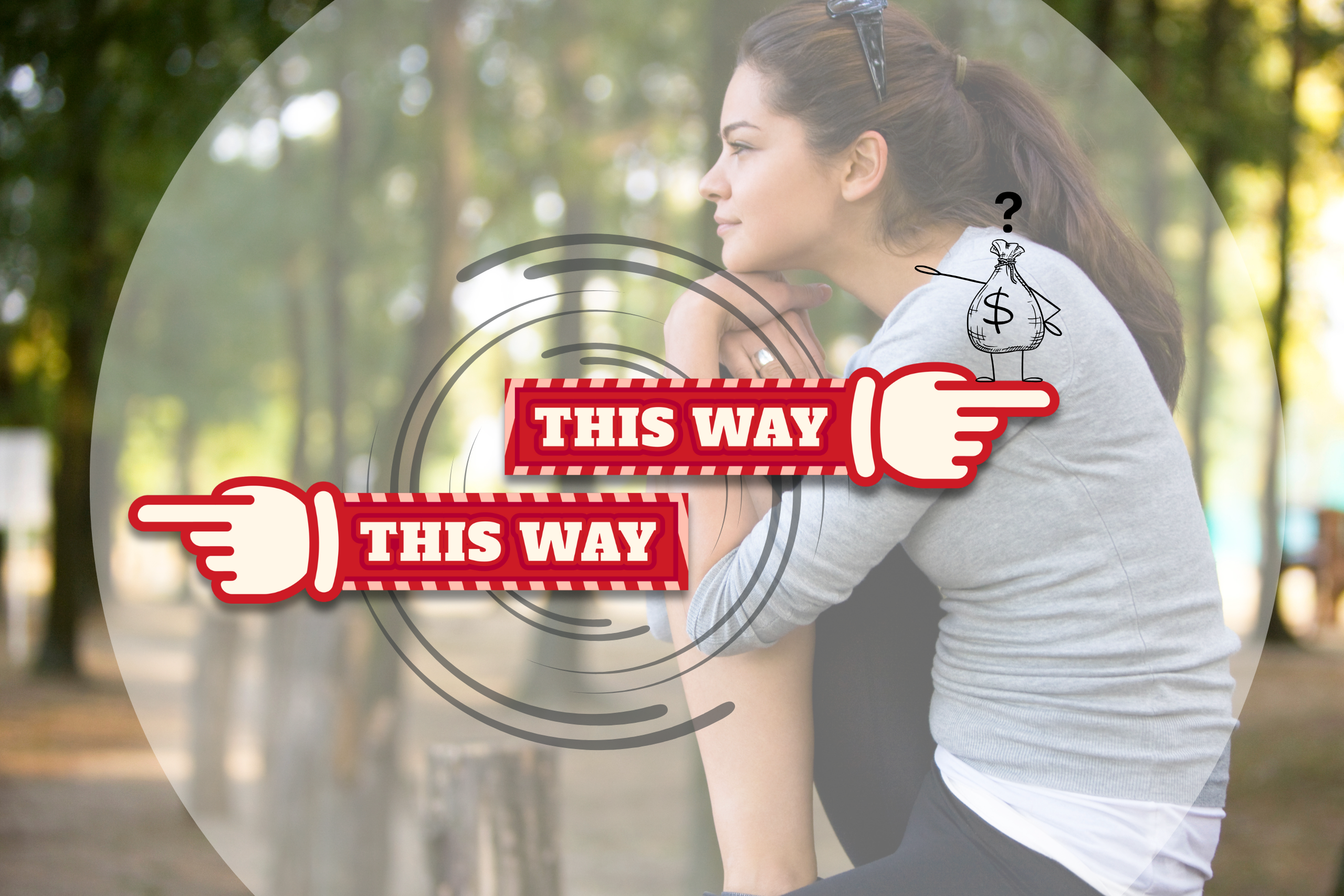As of today, our water heater is TOAST! Actually, it’s beyond toast. It’s more like the bits of bread ash burning away at the bottom of your toaster. Our current water heater is a 6 year model going on 12 years! How we have survived this long without an incident is God’s complete grace. A little brown water one day registered the response of “GET YOUR WATER HEATER REPLACED NOW!” from all the father figures in my life. Isn’t it funny that with home ownership it’s one day of “Everything is fine” and then the next it’s “FIRE”! But that’s why we paid the big bucks to get into home ownership, right? We wanted to be able to own the home, own the land, and take care of it all because WE OWN IT. Little did we know that home ownership is so much more than just putting our name on the deed.
The drive for home ownership goes back a long time!
Owning your own home has been an American dream as far back as the Oklahoma Land Rush of 1889. For those of you who’ve seen “Far and Away” (1992 film by Ron Howard), you understand a little of how passionate people were to own a piece of property. For those of you who haven’t seen the movie, just think of Black Friday with covered wagons, a ton of horses, and more dust than you care to breath in. Thankfully, we don’t have to worry about crowds of people running towards a house for sale and throwing themselves through the door to claim it. However, like our passionate ancestors, the excitement of owning our own property quickly fades once we realize that we’ve only just scratched the surface.

What to know before you submit that down payment.
Saving for that down payment (usually around 20% of the sticker price) is hard work because it’s a lot of money to save. For some families, it can take years to save up that much. So before you hand over your hard earned and saved cash, think about the property you have your eyes set on.
- Can you easily handle the mortgage cost and insurance?
- Some mortgage math, according to Dave Ramsey:
- Take your monthly take-home pay and divide it by four. Ta-da! That’s how much of a monthly payment (including principal, interest, homeowners insurance, and HOA fees) you can afford on a house with a 15-year fixed-rate mortgage. (Anything more than 25%, and you run the risk of being house poor!)
- Some mortgage math, according to Dave Ramsey:
- How old is the house?
- Just because it’s a brand new build, doesn’t mean it won’t have issues. Some newer houses today are made quickly and cheaply, which could force you to do updates sooner.
- If it’s an older home, it may be “sturdier” but it could be getting ready to need some major updates (roof replacements, anyone?).
- You may like the house today, but everyone wants updates at some point. What rooms would you update first and how much would that cost?
- How old are the HVAC systems or water heater (see first paragraph)?
- New HVAC systems can run $4,500+
- New Water heaters can run between $900 – $2,500.
- How big is the yard?
- Does it need any landscaping updates?
- Can you handle the maintenance on it with your current schedule?
- Will you contract out for yard care? (unless you go with little Billy next door, you’re looking at $60+ for just the lawn care)
- How old are the appliances?
- Based on their age, you can probably estimate when a replacement would be needed.
- How’s the drive to your work and basic amenities (grocery stores, banks, hospital, etc).
- I’ve had many friends go for the beautiful house just to pay an “arm and a leg” in gas and car maintenance costs.
Be confident and be ready when buying a house!
No one should rush you into buying a house, and that includes yourself. A lot of young people and families feel that they NEED to get into a house. That renting is a waste of money. Not true! If you want less expenses and more freedom with your money, stick with renting for as long as you want. If your income can handle the upkeep and maintenance of a house with EASE, then go for it. The whole goal is to figure out what is best for you and your family. So how do you do this?
- Decide early on how much you want to spend on a house and don’t let anyone convince you that you can afford more.
- Even if you can, you need to go after the number you are comfortable with.
- Create a list of MUST HAVES for your potential house.
- Save up at least a 20% down payment.
- Don’t put that down payment down until you have answered all the questions you need answers to and you feel that your income can easily handle what the next 5 -10 years could bring.
- Create a list of PROS and CONS for each house you view.
- Have an emergency savings of 6 months to 1 year BEFORE you put a down payment down.
- I cannot stress this need enough. Houses are full of surprises and you want to protect your family from those big surprises by having an emergency fund already in place.
- If you choose to purchase a house, create “Savings Buckets” to handle all the upcoming maintenance and update costs.
- Putting away a little each month will save you a huge HEADACHE when these costs come up.
- These will also help you from becoming “house poor.”

Home ownership should be an investment.
If you’re feeling overwhelmed, I say that’s good! Why? I’d rather you consider all the points than jump into a house you really couldn’t afford, which would cost your family valuable time in building memories and building wealth. Be confident and be cautious. Your future home is going to be filled with beautiful and wonderful memories with your family, one day. Don’t dampen that opportunity by becoming house poor.
Need a little guidance? I got your back! When it comes to house “surprises”, I’ve got some great stories for you 🙂
Subscribe to my monthly newsletter, “The Copper Blend”, where you’ll learn the basics around a financial topic each month as well as keep up-to-date with what’s going on at PennyFruit!
Keep up-to-date with PennyFruit’s Blog! Subscribe below.




Leave a Reply